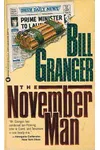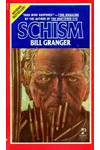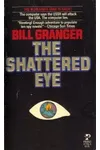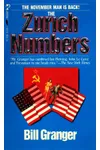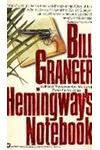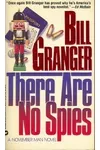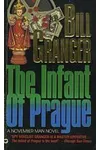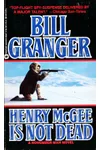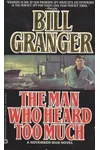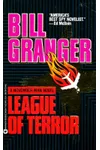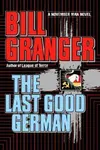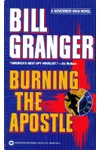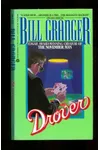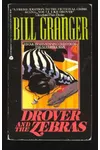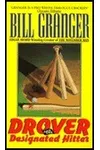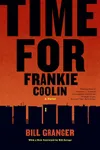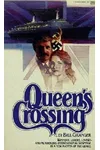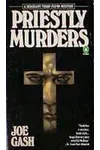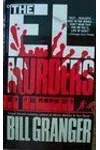Picture a Chicago newsman spinning gritty crime tales and pulse-pounding spy thrillers—meet Bill Granger! A journalist turned novelist, Granger crafted 25 novels that brought Chicago’s shadowy streets and global espionage to life. His knack for colorful characters and eerily prescient plots, like those in his iconic The November Man series, made him a standout in crime fiction.
From his Edgar Award-winning Public Murders to a Hollywood adaptation starring Pierce Brosnan, Granger’s stories blended raw realism with thrilling intrigue. Let’s dive into the life and legacy of this American master of suspense!
The Making of Bill Granger
Born on June 1, 1941, in Wisconsin Rapids, Wisconsin, William F. Granger grew up on Chicago’s South Side, where the city’s grit shaped his storytelling. Educated at St. Ambrose Catholic School and DePaul University, he honed his reporting skills as editor of The DePaulia, graduating with an English degree in 1963. His early career included stints as a copy boy at The Washington Post and a reporter for United Press International, followed by decades at the Chicago Tribune and other Illinois papers. This journalistic backbone gave Granger’s novels their sharp, authentic edge.
After serving in the U.S. Army from 1963 to 1965, Granger’s love for storytelling led him to fiction. His reporter’s eye for detail and ear for dialogue fueled his transition to novels, where he wrote under his name and pseudonyms like Joe Gash and Bill Griffith. His Chicago roots and newsroom experience became the heartbeat of his crime and spy narratives.
Bill Granger’s Unforgettable Stories
Granger’s novels split between two worlds: gritty Chicago police procedurals and high-stakes international espionage. His 1980 novel Public Murders, a tense tale of a rapist-murderer terrorizing Chicago, won the 1981 Edgar Award for its raw portrayal of detectives under pressure. Readers felt the city’s pulse through Granger’s vivid, foulmouthed cops and evocative settings.
His The November Man series, launched in 1979, introduced Devereaux, a steely CIA operative code-named November. The debut novel stirred controversy with its plot about a royal assassination by boat bombing, eerily mirroring the 1979 IRA killing of Lord Louis Mountbatten. Other series highlights include Schism (1981), a Cold War thriller, and Hemingway’s Notebook (1986), blending espionage with Caribbean intrigue. Granger’s spy tales, praised for complex plots and believable tradecraft, rivaled John le Carré’s in their moral ambiguity.
Granger’s style was lean and journalistic, with colorful characters like Slim Dingo and Jesus X Mohammed populating his Chicago underworld. His ability to weave real-world tensions—terrorism, political corruption—into fiction gave his work a prophetic edge. The 2014 film adaptation of The November Man, starring Pierce Brosnan, brought Devereaux to the big screen, grossing $32 million worldwide.
Why Bill Granger Matters
Bill Granger’s legacy lies in his ability to capture the human cost of crime and espionage. His Chicago novels offered a street-level view of a city in turmoil, while his spy thrillers tackled Cold War anxieties and global terrorism with chilling foresight. The Edgar Award and Hollywood nod cemented his influence, but Granger always saw himself as a reporter first, crafting stories that felt like dispatches from the front lines.
Despite a stroke in 2000 ending his writing career, Granger’s 25 novels remain a testament to his skill. His work continues to inspire crime and thriller fans, offering a gritty alternative to flashier genre fare. Until his death from heart failure in 2012, Granger’s stories reminded us that truth often lurks in fiction’s shadows.
- Born: June 1, 1941, Wisconsin Rapids, Wisconsin
- Died: April 22, 2012, Manteno, Illinois
- Key Works: Public Murders, The November Man, Schism
- Awards: 1981 Edgar Award for Public Murders
Ready for a thrilling ride? Snag The November Man or Public Murders and dive into Bill Granger’s gritty, gripping world of crime and spies!
